
Blood Stereo
Blood Stereo Heather Leigh Murray
Goofily deformed, deeply thought vocal jams: like the sound of your own breath rushing through your head.
Arika have been creating events since 2001. The Archive is space to share the documentation of our work, over 600 events from the past 20 years. Browse the archive by event, artists and collections, explore using theme pairs, or use the index for a comprehensive overview.

Goofily deformed, deeply thought vocal jams: like the sound of your own breath rushing through your head.
Glasgow. Free-playing quartet of bass/ cello/ voice from The Glasgow Improvisors Orchestra and Age Of Wire & String.
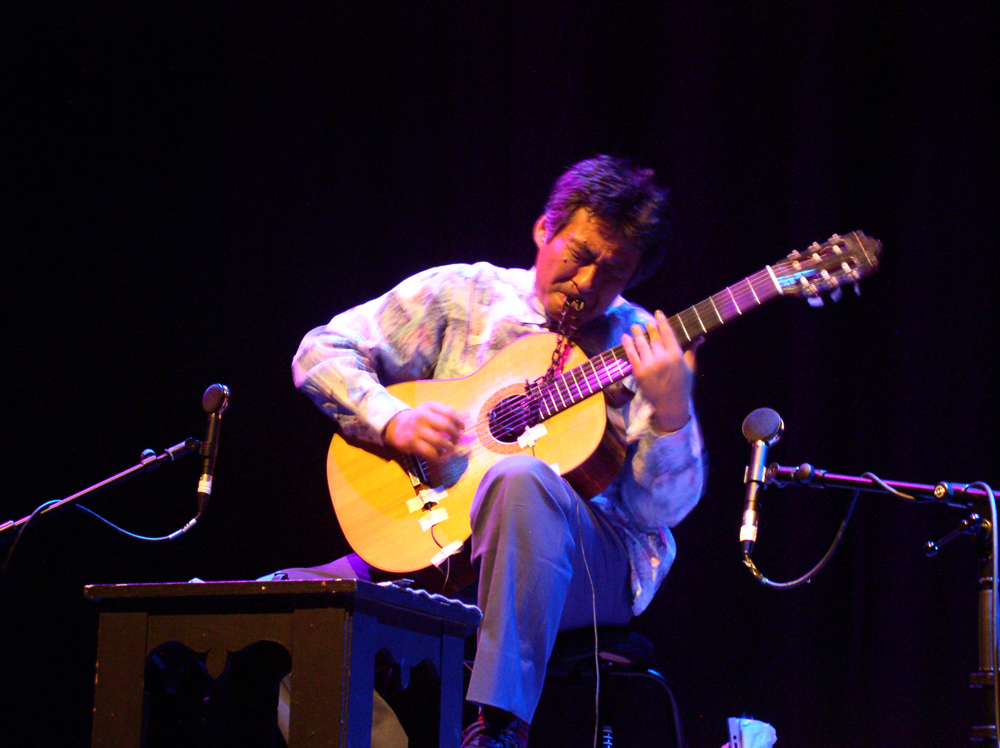
One of the most arresting and unique improvisers in Japan, creating an original and powerful body of free music.
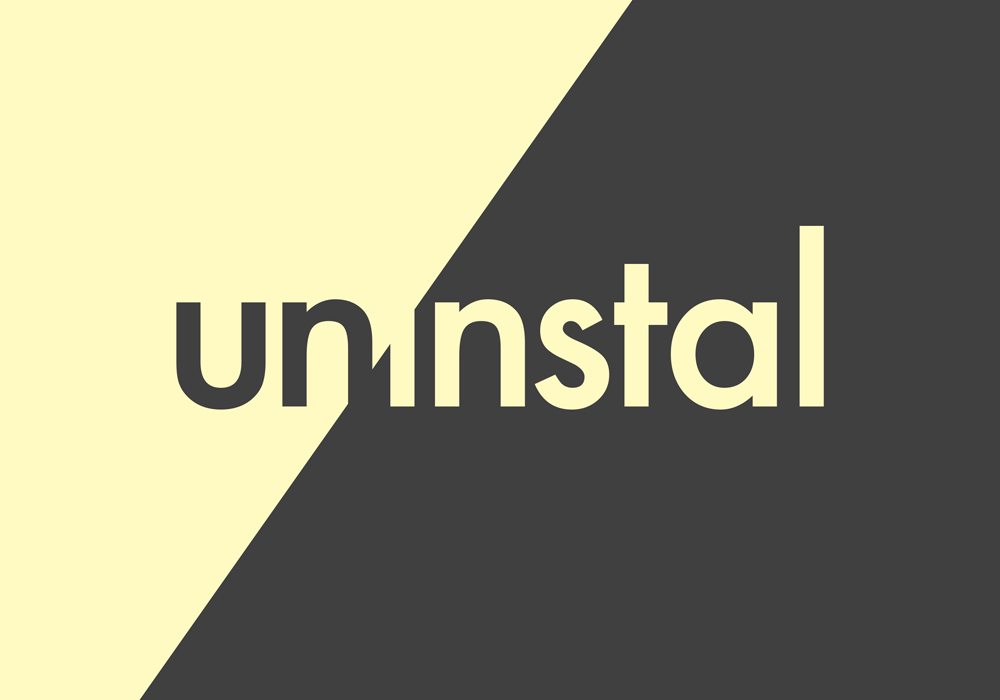
UNINSTAL was a set of events at Tramway that tested out radical ideas with leading local and international artists. A collection of events (performances, films, installations, walks and talks) about sound and listening.

A stroboscopic and intense sensory overload of flashing abstract forms, cut to ribbons by modified projectors.
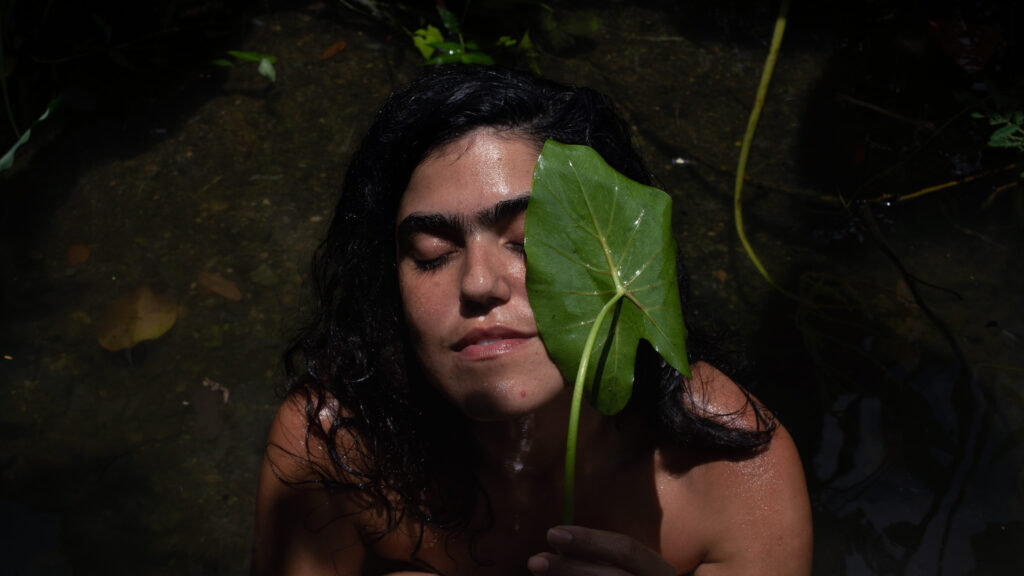
A film as a translation of Monique Wittig’s landmark feminist novel Les Guérillères, in which a plural protagonist of militant feminists inhabit a fantastical, enigmatic and hallucinatory miasmatic space-time of post Hurricane Maria Puerto Rico.
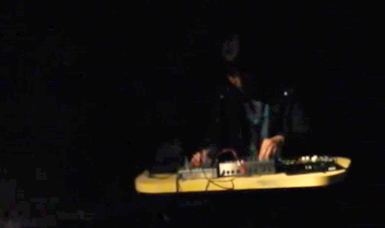
Polly Shang Kuan Band coven leader and Sick Head’s psychedelic shaman Nackt Insecten make hex ritual to birth a new astral being….. Smack Insecten.
Post consideration and post rationalisation… How do we think about experimental music and film after the performance?

A dialogical meeting of Baraka’s radical poetry and Grimes’ free jazz syncopation.

One of the most startling cinematic debuts on record, The Flicker is more a hallucination than a film, an out of body experience and riotous celebration of visual harmonics frequencies. An experiment in perception, come with your mind and eyes open.
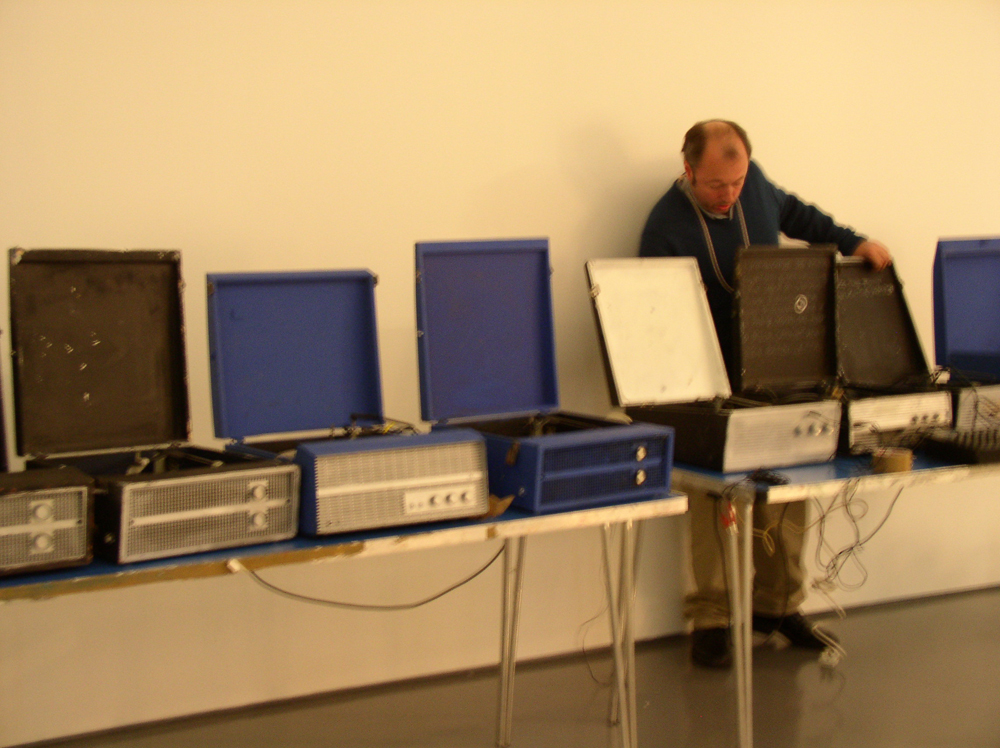
Equal parts spectacle, installation and performance, his set for us is a specially developed work, ‘turning’, which features an orchestra of multiple turntables, 4 projections and a collection of old, and, quite probably, misfiring analogue kit.
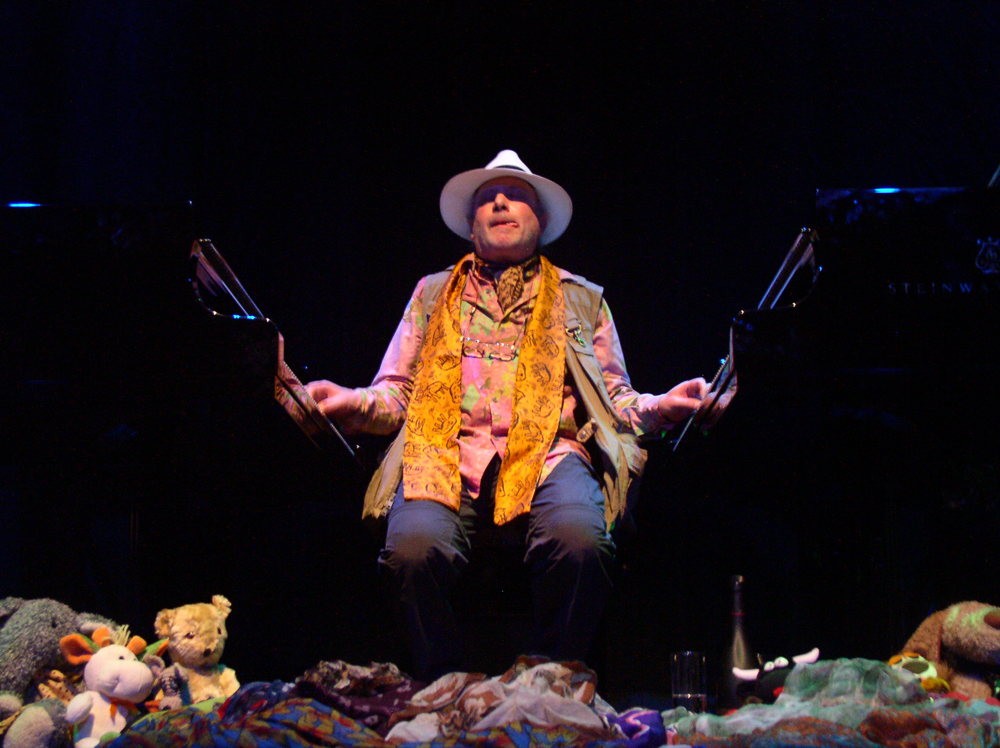
An extravagant debauch of huge pianos, plush toys, cognac and ritual.